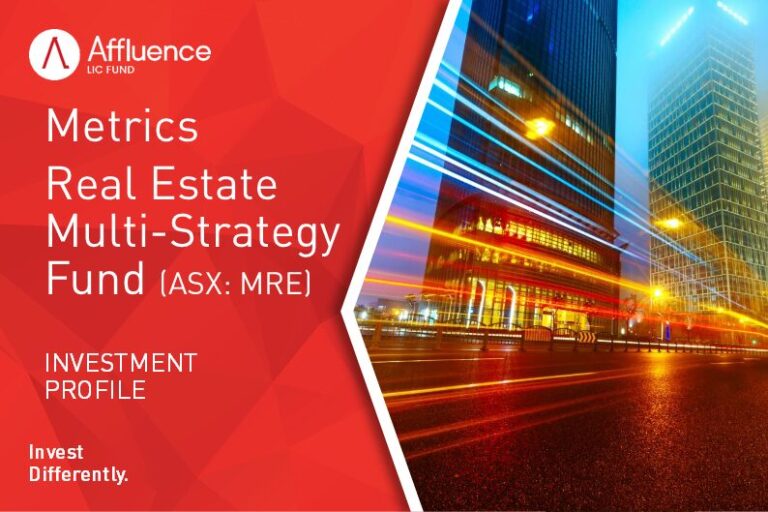Wall Street is the only place that people ride to in a Rolls Royce to get advice from those who take the subway.” – Warren Buffett
According to various sources, ex PIMCO fund manager and well respected bond investor Bill Gross has recently lodged a lawsuit in the US. He is demanding over USD$200 million in compensation for what he calls “improper, dishonest and unethical behaviour” by executives at his previous employer. Bill Gross is an exceptional investor in his chosen field and has pledged to give all proceeds of the suit to charity, but the action provides an amazing insight into how some of the big fund managers charge fees and remunerate staff.
Gross was reportedly due a 20% share of the staff bonus pool before, he alleges, he was driven out of PIMCO by the executives so they could take a greater slice of the pie. Gross’ $200m share implies the total bonus pool was in excess of USD$1 billion. That’s around $1.3 billion Australian dollars – for just one year! That seems obscene to us. But more importantly, let’s see how that compares to the returns delivered to investors in the fund Bill Gross became famous for managing, the PIMCO Total Return Fund. The fund, which was once the largest in the world, now holds approximately AUD$130 billion in investors’ funds. According to PIMCO’s website, the fund has delivered the following returns to 30 September 2015:
| Return period | Annualised return |
| 1 year | 1.57% |
| 3 years | 1.36% |
| 5 years | 3.23% |
| 10 years | 5.76% |
Source: PIMCO Website.
These returns are after PIMCO’s fees (and staff bonuses) before any fees investors might pay to advisors or platform providers. Hands up who thinks those returns deserve a $1 billion bonus?
And that, in a nutshell is the problem with almost all of the funds management industry worldwide. They take a fixed percentage of funds under management as a fee, regardless of performance. This is despite the fact that as funds under management increases, the marginal cost of managing the extra funds is very, very low and the capacity to deliver outsized returns is almost always diminished.
We therefore encourage you to look at fees on any potential investment very carefully. Importantly though, we believe they must be assessed not on their own, but relative to the performance of the manager over the long term. We invest with some managers who charge very high fees – in one case over 2%pa plus a performance fee. But in our view, their performance warrants the fee. Many other professional investors would not hold this view.
At Affluence, here’s what we’re doing to fight back against underperformance:
- We don’t invest in any fund unless we believe it can deliver returns of inflation plus 5% over 3-5 years;
- We invest only with managers who have, and we believe will continue to, outperform a fair benchmark after their fees;
- We charge only a performance fee and a small cost recovery. If we can’t add value for you, we won’t get paid.
- We co-invest alongside you, so you can be sure we have skin in the game.






